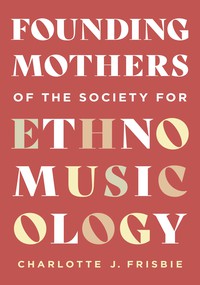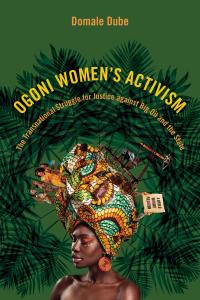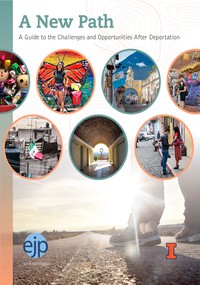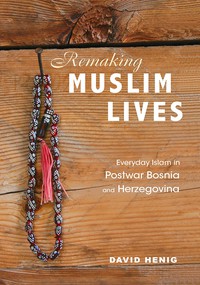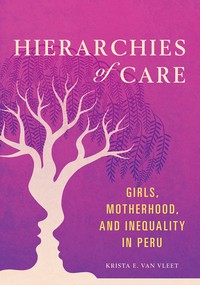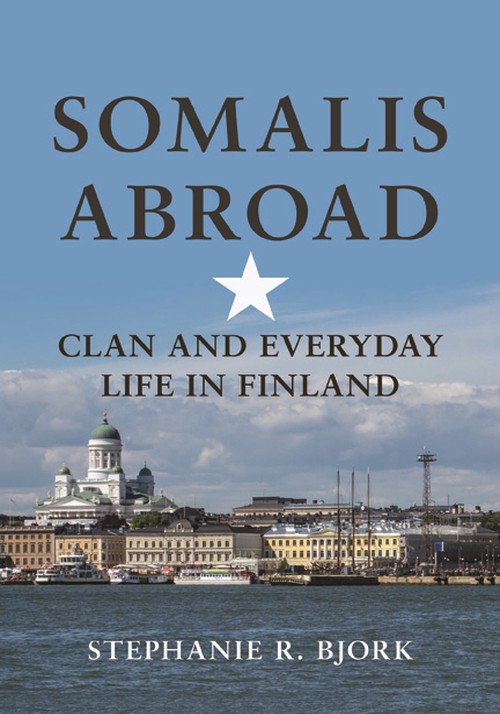
Somalis Abroad
About the Book
Somalis in the diaspora consider the subject of clan an embarrassment, if not taboo. Yet it remains an ever-present, if understated, component of their daily lives, a foundation of a people displaced by war and unrest.Drawing on a wealth of ethnographic detail, Stephanie Bjork offers the first study on the messy role of clan or tribe in the Somali diaspora, and the only study on the subject to include women's perspectives. Somalis Abroad illuminates the ways clan is contested alongside ideas of autonomy and gender equality, challenged by affinities towards others with similar migration experiences, transformed because of geographical separation from family members, and leveraged by individuals for cultural capital. Challenging prevailing views in the field, Bjork argues that clan-informed practices influence everything from asylum decisions to managing money. The practices also become a pattern that structures important relationships via constant--and unwitting--effort.
Affecting and insightful, Somalis Abroad offers students and experts alike an instructive example of today's anthropological methods producing a classic ethnography of a misunderstood community.
About the Author
Stephanie R. Bjork is Professor of Anthropology at Paradise Valley Community College. She is coeditor of From Mogadishu to Dixon: The Somali Diaspora in a Global Context.Reviews
"A helpful addition to the debate on the Somali diaspora. . . . The book will be of use to researchers and students interested in transnational migration and diasporas." --Nordic Journal of Migration Research"Bjork ingeniously deploys her own ethnographic experience to show how Somalis in Finland, embarrassed on the global cultural stage by the persistence of clan ideology, nevertheless use clan identities as flexible paths to the intimate reaches of diasporic life." --Michael Herzfeld, author of Cultural Intimacy: Social Poetics in the Nation-State
"Somalis living in Finland represent an important node in the global Somali diaspora. This book, based on immersive fieldwork and interviews conducted in Finnish, English, and Somali, is a welcome and timely addition to the literature on migration and diasporas." --Dianna Shandy, author of Nuer-American Passages: Globalizing Sudanese Migration
"This is a boldly written book that deserves to be read by everyone who wants (or hopes) to understand the role that identity can play in Muslim, and specifically Somali, diaspora communities. In truth, it should be read by anyone with an interest in immigrant issues. Bjork writes incisively yet respectfully, but even more importantly, by comparing what Somalis say they do when it comes to 'clan' affiliations with what they do in actuality, she has produced a model ethnography." --Anna Simons, author of Networks of Dissolution: Somalia Undone
Blurbs
"Bjork ingeniously deploys her own ethnographic experience to show how Somalis in Finland, embarrassed on the global cultural stage by the persistence of clan ideology, nevertheless use clan identities as flexible paths to the intimate reaches of diasporic life."--Michael Herzfeld, author of Cultural Intimacy: Social Poetics in the Nation-State
"Somalis living in Finland represent an important node in the global Somali diaspora. This book, based on immersive fieldwork and interviews conducted in Finnish, English, and Somali, is a welcome and timely addition to the literature on migration and diasporas."--Dianna Shandy, author of Nuer-American Passages: Globalizing Sudanese Migration
"This is a boldly written book that deserves to be read by everyone who wants (or hopes) to understand the role that identity can play in Muslim, and specifically Somali, diaspora communities. In truth, it should be read by anyone with an interest in immigrant issues. Bjork writes incisively yet respectfully, but even more importantly, by comparing what Somalis say they do when it comes to 'clan' affiliations with what they do in actuality, she has produced a model ethnography."--Anna Simons, author of Networks of Dissolution: Somalia Undone
